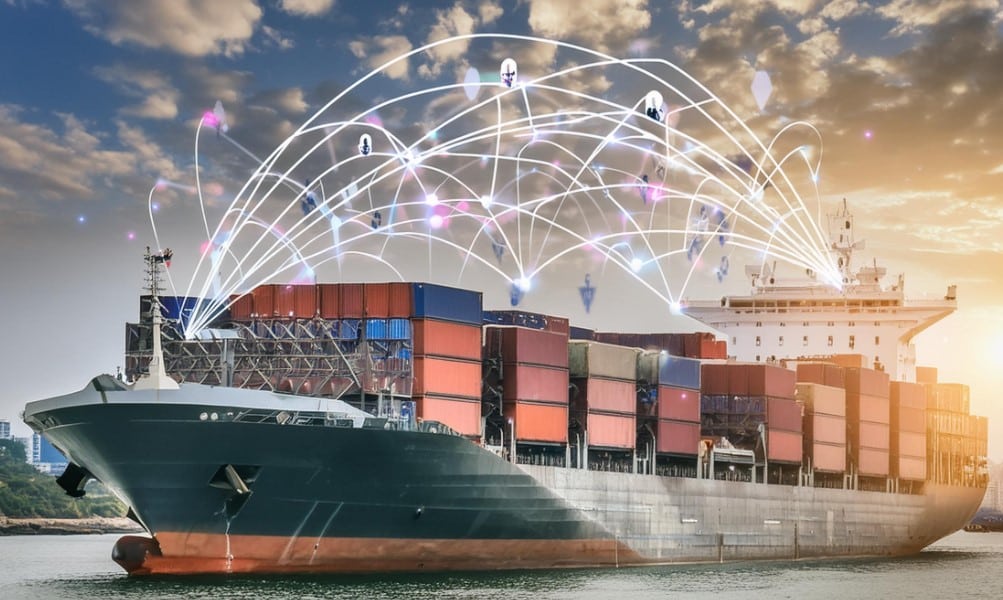Where maritime tech consolidation is today

The maritime industry is witnessing a significant technological evolution, highlighted by the release of two comprehensive maps showcasing the sector’s startup ecosystem. Despite recent consolidation efforts, the latest reports indicate a highly fragmented market, with hundreds of companies competing in various niches. The Global Maritime Tech Startup Map 2025 and SkySail Advisors’ Maritime Technology Landscape reveal the rapid rise of technology solutions, particularly in artificial intelligence, which is transforming maritime operations.
Growth in Maritime Startups and AI Adoption
Flagship Founders unveiled the Global Maritime Tech Startup Map 2025 earlier this month, marking its third edition. This updated map includes 176 startups, an increase from 149 the previous year. The featured startups, which must be independent entities founded in 2015 or later, focus primarily on software solutions tailored for the maritime sector. Notably, the use of artificial intelligence (AI) among these startups has surged, with 45% now incorporating AI into their offerings—up from 27.5% the prior year.
The category of condition and maintenance stands out for AI integration, with 72% of startups in this area utilizing the technology. Furthermore, the communications and information management sector shows a 90% adoption rate among startups founded in the last three years, indicating a growing trend toward AI-driven solutions. However, fields such as procurement and crew management report lower AI usage rates, suggesting either challenges in application or untapped potential for AI in these areas.
Christopher Aversano, partnership lead at Wood Mackenzie, emphasizes AI’s vital role in advancing maritime technology. He notes that key focus areas include data management, port operations, crew welfare, and sustainability, with success likely to favor companies that effectively leverage user data alongside AI capabilities. The map also identifies Europe as a leading hub for maritime startups due to its access to industry talent and supportive investment policies. However, experts like Tabitha Logan are also highlighting the growing innovation landscape in Asia and the Middle East, driven by significant investments from large corporate venture capital firms.
Challenges of Fragmentation and Market Integration
Despite the promising growth outlined in these reports, experts warn of a significant challenge: the fragmentation of the maritime tech market. Manish Singh, a shipping investment consultant, points out that while the influx of new companies suggests innovation, it also leads to confusion due to overlaps and duplicate solutions. He stresses the need for integration rather than a proliferation of similar point solutions, which currently complicates decision-making for maritime professionals.
MPA Partners Industry Giants to Propel Maritime Digital Transformation
Furthermore, Nick Chubb from Thetius highlights the importance of small and medium enterprises in driving maritime innovation. He notes that while startups often dominate headlines, many small suppliers—who make up 53% of the market—are quietly making impactful changes. The two recently published maps reveal around 350 companies within the maritime technology sector, with Chubb estimating a total of 4,915 suppliers in his database. Yet, the lack of standardization across the industry remains a barrier to streamlined solutions.
Experts agree that a move towards consolidation is necessary but may be slow, particularly as startups often lack the capital to acquire competitors. The prevalence of smaller firms content with niche markets contributes to ongoing fragmentation. Morten Lind-Olsen, CEO of Dualog, anticipates that while consolidation will eventually occur, it will happen gradually, reflecting the historical pattern in the shipping industry.
